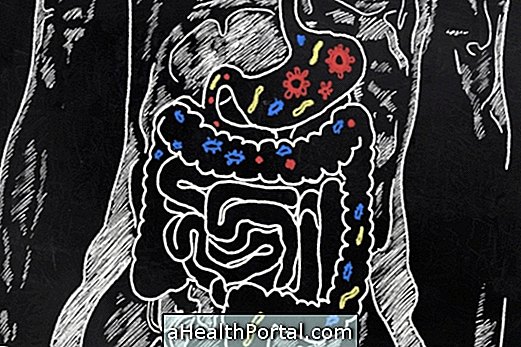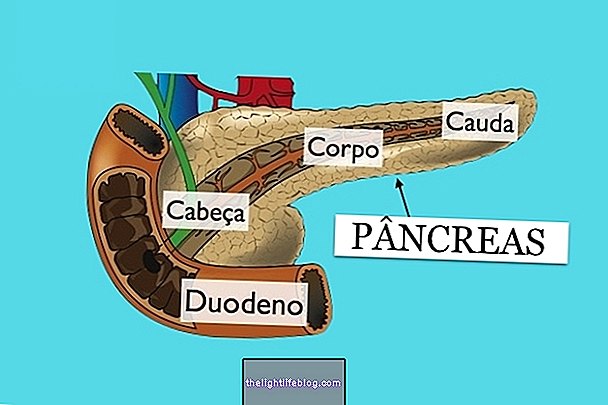Gene therapy, or gene therapy, is an innovative treatment that uses gene modifications to treat a disease and may in the future be the cure for various genetic diseases and even cancer.
This type of therapy mainly involves bringing about changes in the DNA of cells affected by the disease and activating the body's defenses to recognize damaged tissues and eliminate them, which is done by injecting genetically modified tissues or viruses into the body of the patient.
The diseases that can be treated in this way are those that involve some alteration in the DNA, such as cancer, autoimmune diseases, diabetes, epilepsy, among other degenerative or genetic diseases, however, in many cases they are still in the test phase .

How is it done?
Gene therapy is the use of genes rather than drugs to treat diseases. It is made by altering the genetic material of the tissue compromised by the disease by another that is normal. The most common way to accomplish this change is through a method called ex-vivo, which is done through the following steps:
- A sample of the tumor or tissue of the affected organ is collected;
- The site of the DNA that is altered in the disease is located;
- DNA fragments are obtained that contain the correct information and are placed inside the genetic material of a vector, which may be a virus;
- The new genetically modified virus is injected into the diseased tissue sample (the virus is also altered to not cause disease);
- The tissue with the new genetic material is introduced into the body, so that the cells can behave in a healthy way, correcting the genetic defect.
In addition, another form of gene therapy, less used, is called the in vivo method, made by injecting the tissue with modified genetic material directly into the body, without the need to pass a sample outside the body.

Diseases that gene therapy can treat
Gene therapy is promising for the treatment of any genetic disease, however, only for some it can already be performed or is undergoing testing. Some treatments available include:
- Treatment of cancer, especially leukemias, lymphomas, melanomas and sarcomas or
- Diseases caused by genetic mutations such as adenosine deaminase deficiency, metachromatic leukodystrophy or Wiskoff-Aldrich syndrome, for example.
This type of therapy is also promising for the treatment of other diseases, such as HIV, hemophilia, Parkinson's disease, as well as several hearing or visual diseases. However, it is not yet available in medical centers in Brazil. advanced.
Gene therapy for cancer
Gene therapy for cancer treatment is already in place in some countries, and is intended to be started in Brazil in 2018. However, it is particularly indicated for specific cases of leukemias, lymphomas, melanomas or sarcomas, for example.
This type of therapy mainly consists of activating the body's defense cells to recognize the tumor cells and eliminate them, which is done by injecting the genetically modified tissues or viruses into the patient's body.
It is believed that gene therapy will eventually become more efficient and replace current treatments for cancer, however, as it is still expensive and requires advanced technology, it is preferably indicated in cases that do not respond to treatment with chemotherapy, radiation therapy and surgery. Learn how chemotherapy is done to treat cancer and its effects on the body.
























